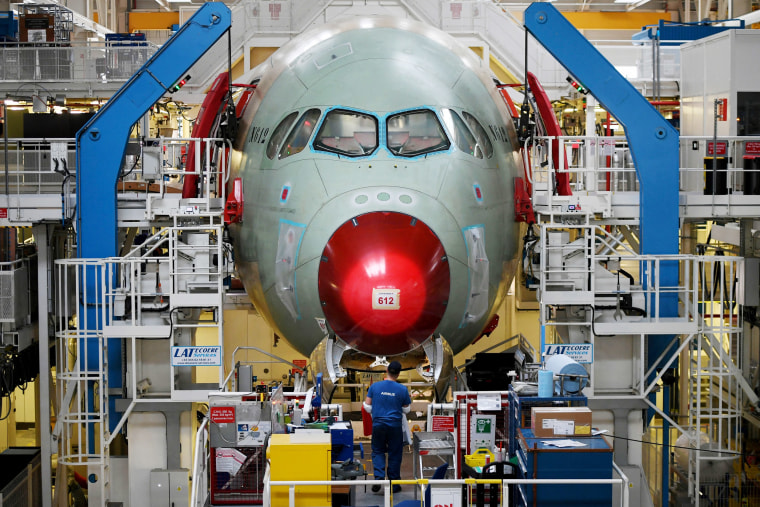Boeing and Airbus Exposed: The Potential Risks of Counterfeit Titanium in Aircraft Manufacturing
The recent revelation by the Federal Aviation Administration (FAA) regarding the use of counterfeit titanium in Boeing and Airbus aircraft production has sent shockwaves through the aviation industry. The use of substandard materials poses serious risks to flight safety and highlights the challenges faced by manufacturers in ensuring the integrity of their supply chains.
Counterfeit materials, including titanium, present a significant threat to the structural integrity and performance of aircraft. Titanium is a critical component in modern aircraft construction due to its lightweight yet durable properties. Any compromise in the quality of titanium used can have severe consequences for the safety of passengers and crew.
One of the primary concerns raised by the FAA’s findings is the potential impact on the airworthiness of Boeing and Airbus planes that may have incorporated counterfeit titanium parts. The use of such materials could compromise the structural strength of key components, leading to increased risks of failure during flight.
Furthermore, the implications of using counterfeit titanium extend beyond immediate safety concerns. The economic repercussions of replacing suspect parts, conducting thorough inspections, and ensuring compliance with regulatory standards could result in significant costs for manufacturers and airlines alike.
The incident sheds light on the challenges faced by aerospace companies in verifying the authenticity and quality of materials sourced from a global supply chain. With aircraft components often produced by multiple suppliers across different regions, ensuring transparency and accountability in the procurement process is essential to safeguarding the integrity of the industry.
In response to the FAA’s findings, Boeing and Airbus have initiated rigorous inspections and quality control measures to identify and address any instances of counterfeit titanium in their planes. Both companies have emphasized their commitment to upholding the highest standards of safety and quality assurance in aircraft manufacturing.
Moving forward, the incident serves as a wake-up call for the aviation industry to reevaluate its supply chain practices and implement robust safeguards against the infiltration of counterfeit materials. Enhanced collaboration between manufacturers, suppliers, and regulators is essential to fortifying the integrity of the aerospace sector and maintaining the trust of passengers and stakeholders.
In conclusion, the discovery of counterfeit titanium in Boeing and Airbus planes underscores the urgent need for greater vigilance and transparency in the sourcing and verification of materials used in aircraft manufacturing. By learning from this incident and implementing stringent quality control measures, the industry can mitigate risks, uphold safety standards, and uphold its reputation for excellence in aviation safety.

